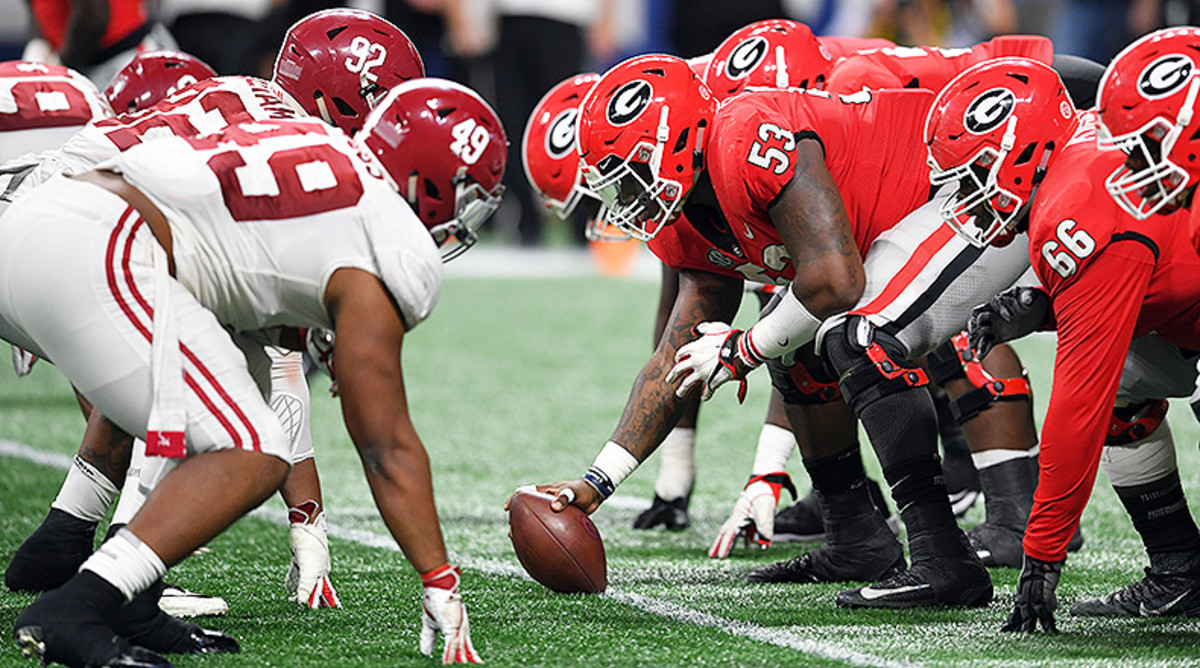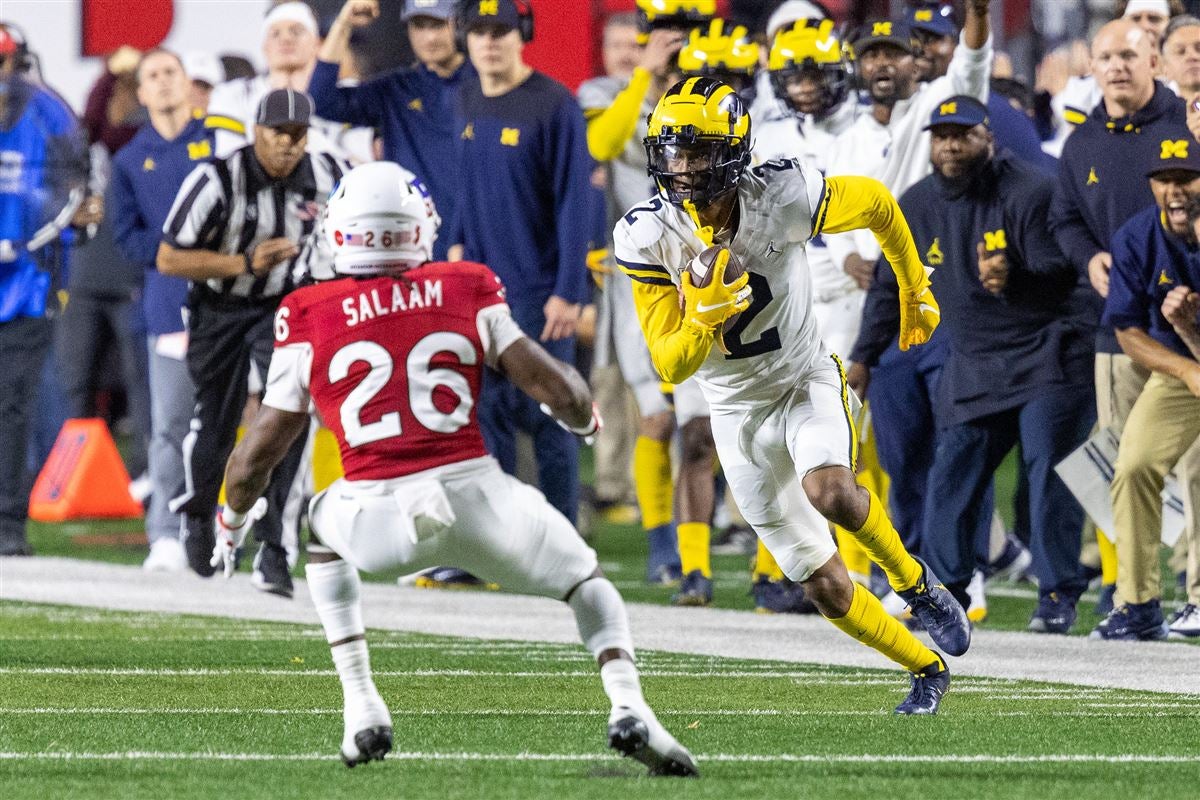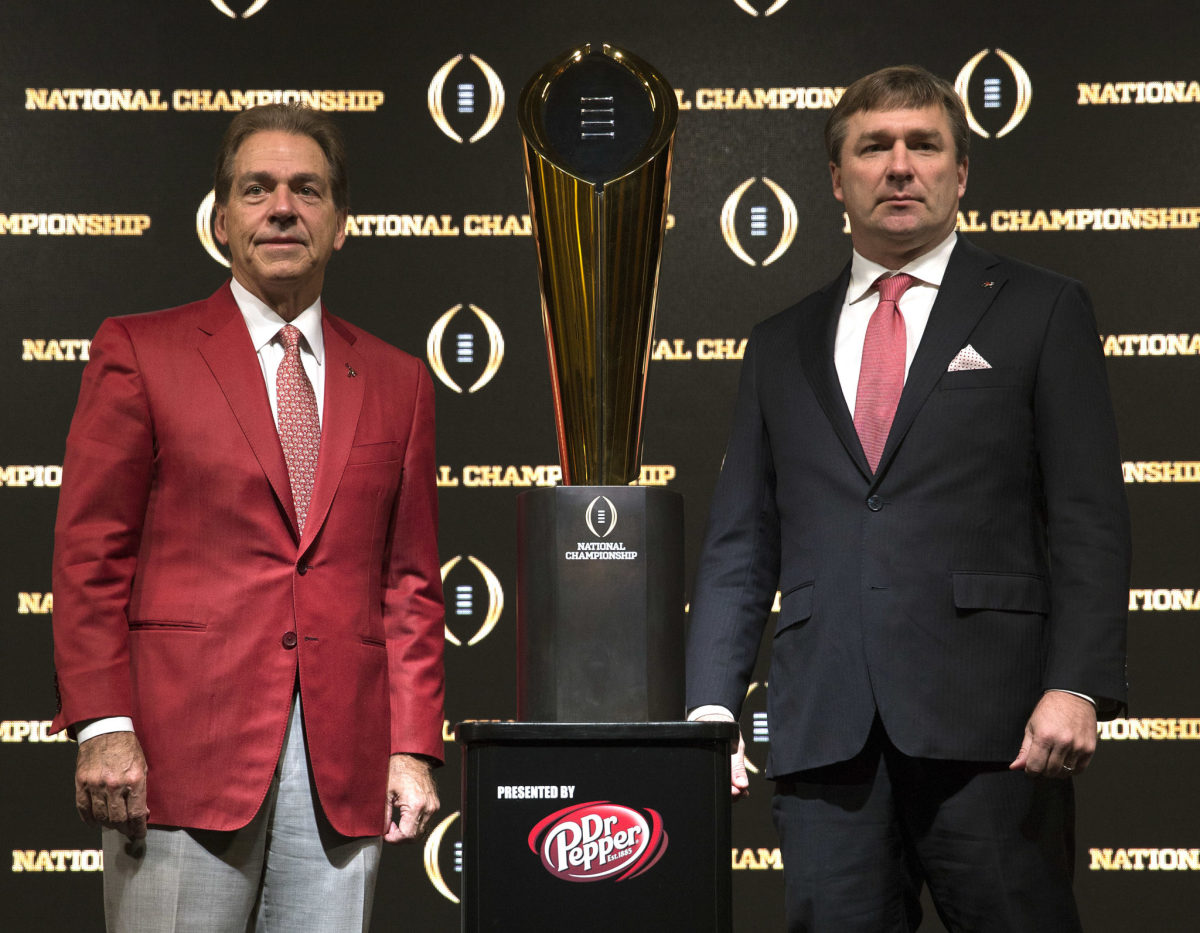NCAA Announces New Transfer Rule Impacting College Athletes: Details Inside

Exciting news arrived from the NCAA regarding a new transfer rule that will impact undergraduate athletes across the nation. This ruling, if approved by the Division I Board of Directors, will allow eligible athletes to transfer and play immediately, marking a significant shift in the landscape of college sports.
The new rule focuses on academic requirements and progress-toward-degree standards for transferring athletes. Undergraduate athletes who transferred during the 2023-24 academic year will have the opportunity for immediate eligibility at their new schools, as long as they meet the necessary criteria.
If ratified, this legislation will not limit the number of times an athlete can transfer but will maintain two transfer windows. However, the stipulation that prevents midyear transfers for a second school in the same season adds an interesting layer to the rule changes.
Graduate transfer student-athletes are also included in this new policy, requiring them to have earned a degree from their previous school and continue to meet academic criteria at their new institution while pursuing postgraduate studies.
Exceptions to the transfer windows will still exist, such as in the case of a head coach departure or a discontinued sport, giving flexibility to unique circumstances that may arise for student-athletes.
This development showcases a commitment to balancing academic success with the freedom of student-athletes to transfer and compete immediately. The goal is to empower athletes to make informed decisions about their educational and athletic journeys while supporting their aspirations to graduate on time and pursue their chosen career paths.
As the NCAA continues to evolve its policies, the impact on student-athletes across various sports will be closely watched. The intersection of academics and athletics remains a focal point in ensuring the holistic development of collegiate athletes.
Stay tuned for further updates on this developing story as the NCAA sets a new precedent with its transfer rule changes.



